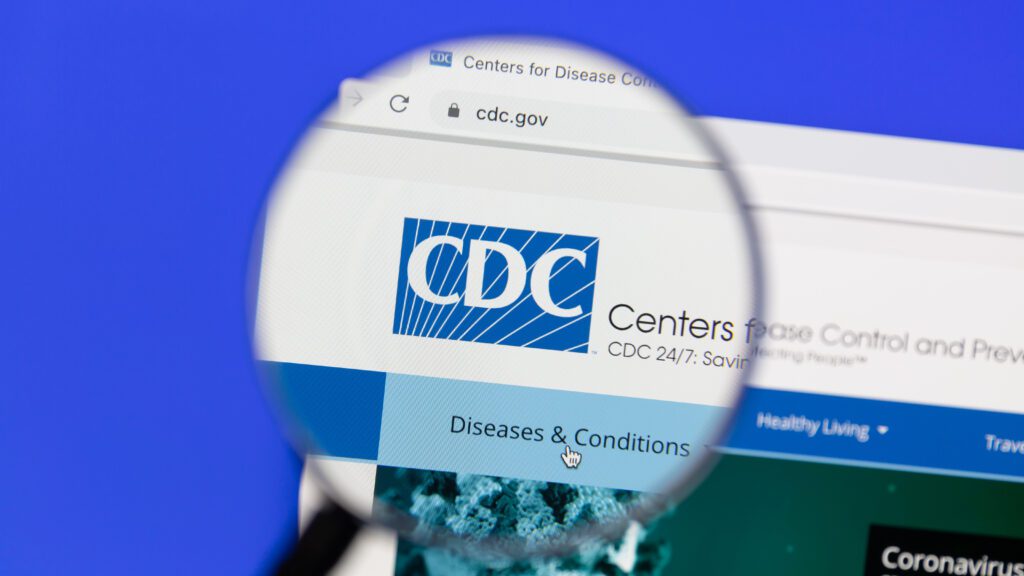
The Centers for Disease Control and Prevention (CDC) has been instructed to pause its promotional initiatives for various vaccines, including the “Wild to Mild” campaign, which encouraged flu vaccination, according to two sources familiar with the matter who spoke to STAT.
According to the assistant secretary for public affairs at the Department of Health and Human Services (HHS), Secretary Robert F. Kennedy Jr. has requested that advertising focus instead on the concept of “informed consent” regarding vaccine choices.
Informed consent is a foundational principle in healthcare, ensuring patients are made aware of the potential risks and benefits associated with any medical procedure or medication they may receive.
By altering the focus of vaccine advertising to emphasize potential risks—especially for commonly recommended vaccines like flu shots—the CDC might inadvertently diminish public willingness to get vaccinated or ensure their children receive immunizations.
“Informed consent is essential,” remarked Michael Osterholm, director of the University of Minnesota’s Center for Infectious Disease Research and Policy. He cautioned that highlighting risks without adequate context regarding the proven advantages of vaccines could negatively impact vaccination rates nationwide.
The order to halt flu shot promotions represents an initial indication of how RFK Jr. might reshape vaccination policies as the country’s leading health official. Additional developments arose on Thursday, including the postponement of a meeting for the CDC’s influential vaccine advisory committee, as reported by Politico, which also indicated that RFK Jr. may replace certain members of that committee and other key public health organizations due to alleged conflicts of interest.
STAT contacted HHS to inquire whether the CDC had been directed to discontinue its promotional efforts for a range of vaccines, including the Wild to Mild flu campaign, and whether the HHS secretary desired new materials focused on informed consent.
An HHS spokesperson did not address the second inquiry but denied that the CDC received instructions to take down its flu vaccination campaign website, which was not the initial question posed.
“No, the CDC was not instructed to remove the flu vaccination campaign webpage,” said the spokesperson. “Unfortunately, certain officials within the CDC who oppose Secretary Kennedy and President Trump’s agenda appear to be intentionally misrepresenting the guidance they have received.”
The CDC’s own resources detailing the advantages of flu shots are still accessible. However, the promotional materials that sources indicated the CDC was told to eliminate were limited to paid advertisements on external websites, with previous versions no longer visible on CDC’s online platforms.
“Flu vaccination can help prevent you from contracting the flu,” states one of the remaining webpages. “Flu vaccines avert millions of illnesses and associated medical visits each year.”
Following the Covid-19 pandemic, vaccination rates for several vaccines have notably dropped, with approximately 23% of adults receiving an updated Covid-19 shot. This winter, only about 45% of individuals opted for a flu vaccine, a decline of approximately five percentage points compared to the pre-Covid vaccination landscape.
Kennedy has accumulated notable income from questioning vaccine safety through paid speeches, publications, and his previous leadership role at Children’s Health Defense, along with legal actions against vaccine manufacturers. During his Senate confirmation hearings, he repeatedly avoided distancing himself from debunked claims about vaccine safety, such as the assertion linking vaccines to rising autism rates, while maintaining that he does not oppose vaccinations.
While several senators voiced concerns over Kennedy’s vaccine stance, only former Senate leader Mitch McConnell (R-Ky.), a polio survivor, voted against his confirmation among Republican senators.
Sen. Bill Cassidy (R-La.), a physician and staunch advocate of vaccines, expressed serious doubts during the hearings but ultimately supported Kennedy after receiving assurances that he would collaborate within the existing framework and not undermine vaccination initiatives.
The CDC’s promotional efforts that were halted involved relatively modest financial investments, as reported by a source to STAT. These included paid ads on digital platforms and promoted content on social media channels, with NPR noting that the “Wild to Mild” campaign has been discontinued.
The ads used striking imagery, contrasting fierce animals with more gentle ones—such as depicting a teddy bear alongside a grizzly bear—to communicate that while flu vaccines may not always prevent infection, vaccinations reduce the likelihood of severe illness requiring hospitalization.
“Flu can be wild. But a flu vaccine can protect you and your child from the more serious symptoms of the flu,” stated one advertisement aimed at expectant mothers, urging them to consult healthcare providers about flu vaccination during pregnancy to safeguard their baby post-birth—when they are too young to be immunized themselves.
Other variations of the campaign targeted parents, individuals with chronic conditions, seniors, and healthcare professionals. Archived materials from a now-removed webpage made no mention of potential risks associated with flu shots.
Generally speaking, side effects from flu vaccinations are minimal and temporary, such as reactions at the injection site, headaches, or fatigue. While some data suggest a slightly elevated risk of Guillain-Barré syndrome in certain years—occurring at a rate of one or two additional cases per million flu vaccine doses administered—it’s important to note that flu infection itself is also linked to an increased risk of developing GBS. Ensuring that individuals are informed about vaccine risks prior to vaccination is a component of a vaccine safety strategy that Kennedy outlined in 2023. Currently, individuals receive printed information regarding vaccine risks prior to immunization, and specific vaccine advertisements are mandated to disclose potential side effects.









